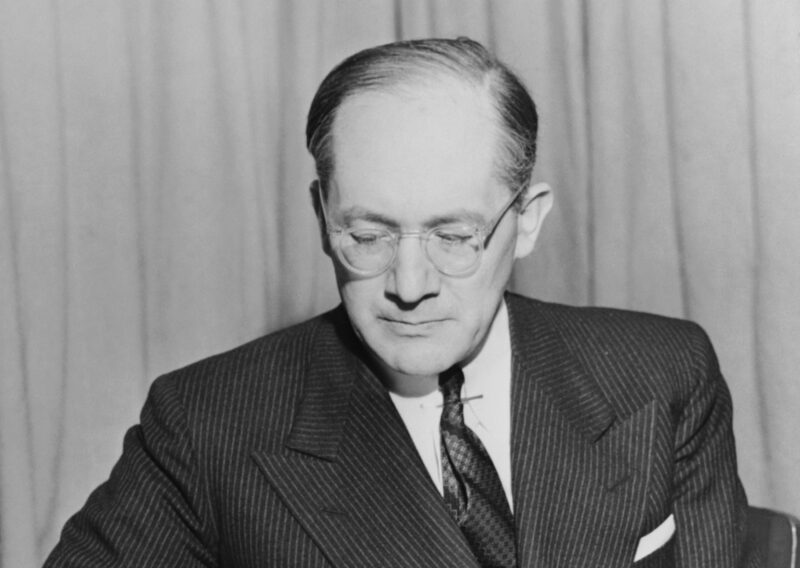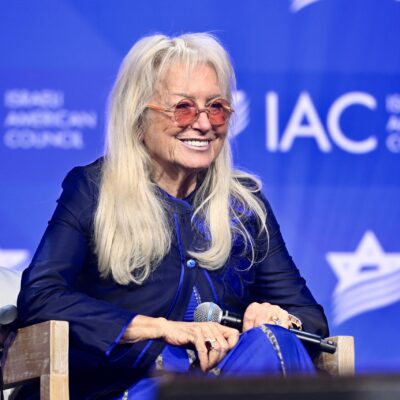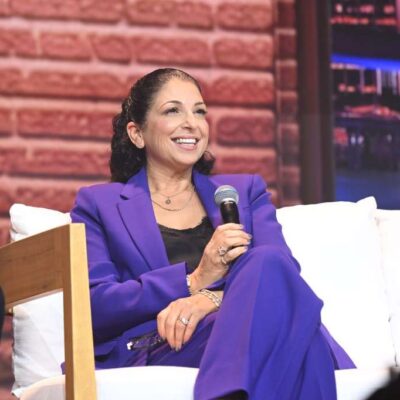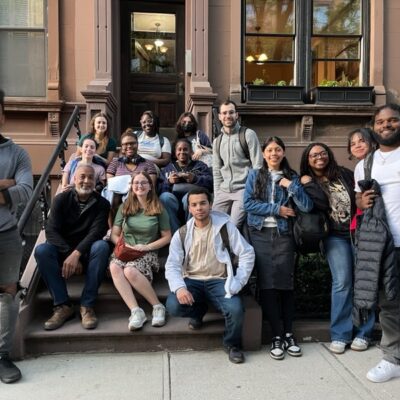Opinion
DEFENDING MORAL CLARITY
When advocacy works — and what it teaches us about Jewish responsibility
In Short
When we lose control of language, we lose control of legacy.
In public relations, there are campaigns that make headlines, and then there are campaigns that make a point. Recently, I had one of those moments where professional success met moral discomfort.
After we successfully drew widespread media attention to serious concerns about the Lemkin Institute for Genocide Prevention’s misuse of the Lemkin name, the organization issued a public statement — one that cited every outlet we’d reached, from Fox News to The Jerusalem Post. In one sense, it was the perfect PR outcome. In another, it was a sobering reminder of how far we’ve drifted from the moral clarity we desperately need.

Getty Images
International lawyer Raphael Lemkin helped draft the Genocide Convention, which maps out prevention and punishment for the crime of genocide.
Because what followed wasn’t introspection. It was fundraising.
The Institute’s statement wasn’t a course correction or apology; it was an appeal for money to “defend” their right to use Raphael Lemkin’s name — the name of the Jewish international law expert who helped draft the Genocide Convention — while continuing to accuse Israel of genocide. To anyone who values truth and the moral vocabulary our people helped give the world, that should feel like a gut punch. The Jewish community has long understood that words shape the world. From the prophets to our modern-day educators and advocates, we’ve known that naming matters. So when an organization uses the term genocide — a word born from Jewish suffering and scholarship — to describe the world’s only Jewish state, it doesn’t just distort history. It wounds our collective conscience.
That’s why our campaign didn’t begin with outrage, but with responsibility. We didn’t file lawsuits or issue threats. We simply sent a letter to the governor and attorney general of Pennsylvania, asking for a review and a reconsideration of how the Lemkin name is being used. The response we received — not privately, but publicly — revealed both the reach of our advocacy and the fragility of truth in an age of activism-for-clicks.
When I teach younger professionals about communications, I often remind them: if you cheapen the words, you destroy the cause. “Genocide,” like “antisemitism,” is not a slogan; it’s a sacred warning, one paid for in blood and exile. When everything becomes “genocide,” nothing does. When every act of war or diplomatic dispute is labeled as such, we dilute the moral force of those who are truly facing extermination — the Yazidis, the Rohingya, the Uyghurs, and others who cry out for the world to listen. For Jewish philanthropy and advocacy alike, that’s the cautionary tale. The way we tell our story — and defend truth — matters just as much as the story itself.
I often describe my work as helping mission-driven organizations tell their stories. But this campaign reminded me that sometimes, the mission is the story. What began as a communications effort quickly became a defense of moral clarity — the kind of clarity that Raphael Lemkin himself embodied. He didn’t coin “genocide” to win arguments or advance politics; he coined it so the world would never again stand silent while evil flourished. Our task today — as Jewish professionals, philanthropists and advocates — is to ensure that the language of justice remains anchored in truth, not ideology. We must use our influence not only to promote causes but to protect meaning itself.
Yes, I’m proud of the coverage. But I’m even prouder of the principle it defended — that words matter, that truth matters, and that Jewish voices must continue to stand up for both. Because when we lose control of language, we lose control of legacy. And for a people whose survival has always depended on the power of words — from Torah to testimony — that’s something we simply cannot afford.
Warren H. Cohn is the CEO and founder of Rocketship PR, representing mission-driven organizations and Jewish nonprofits across the U.S., Israel and Europe.

 Add EJP on Google
Add EJP on Google










